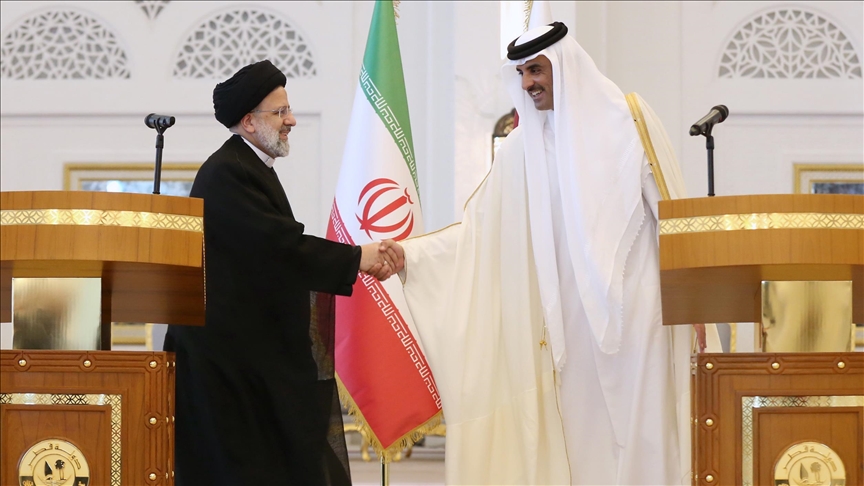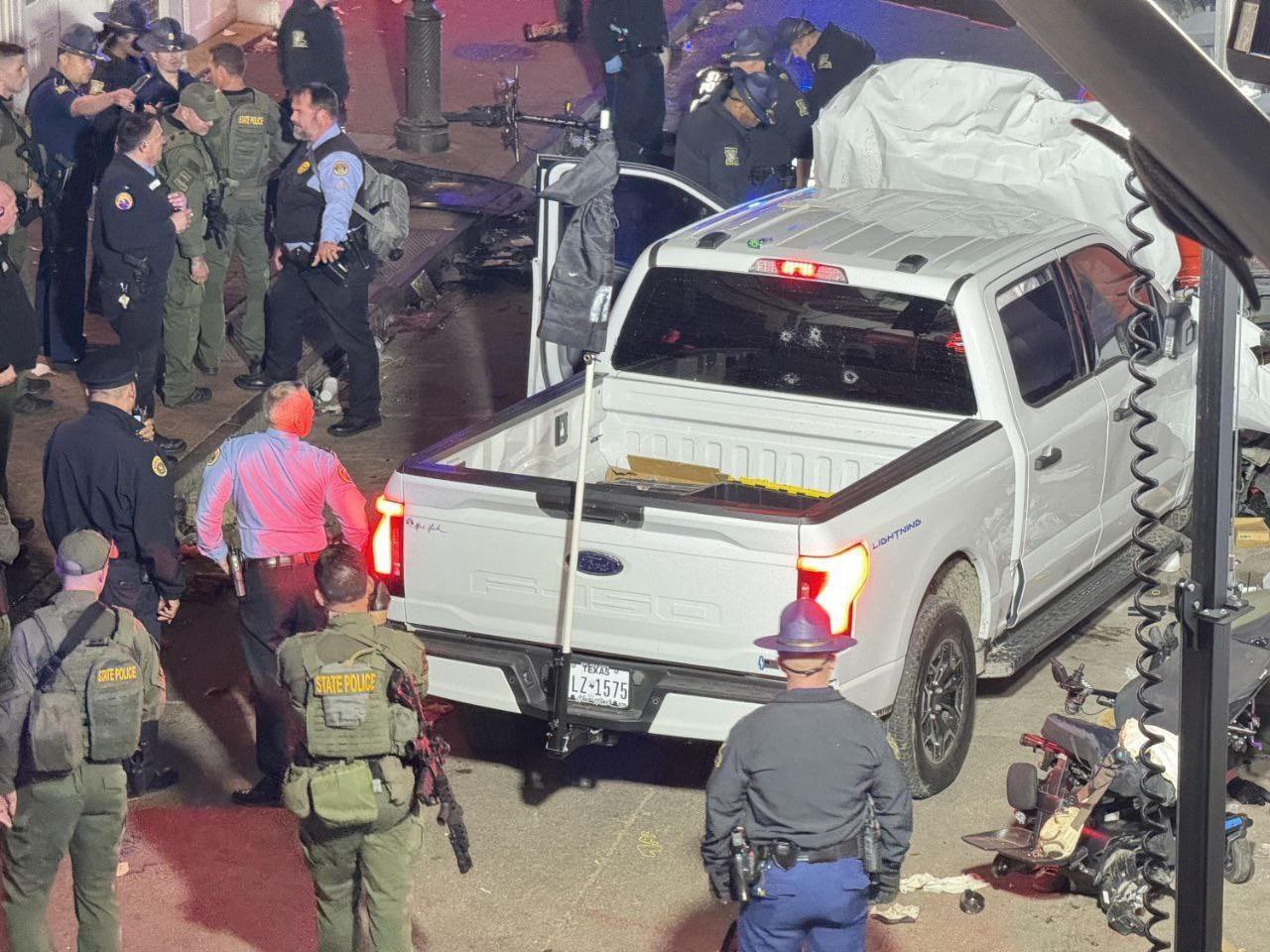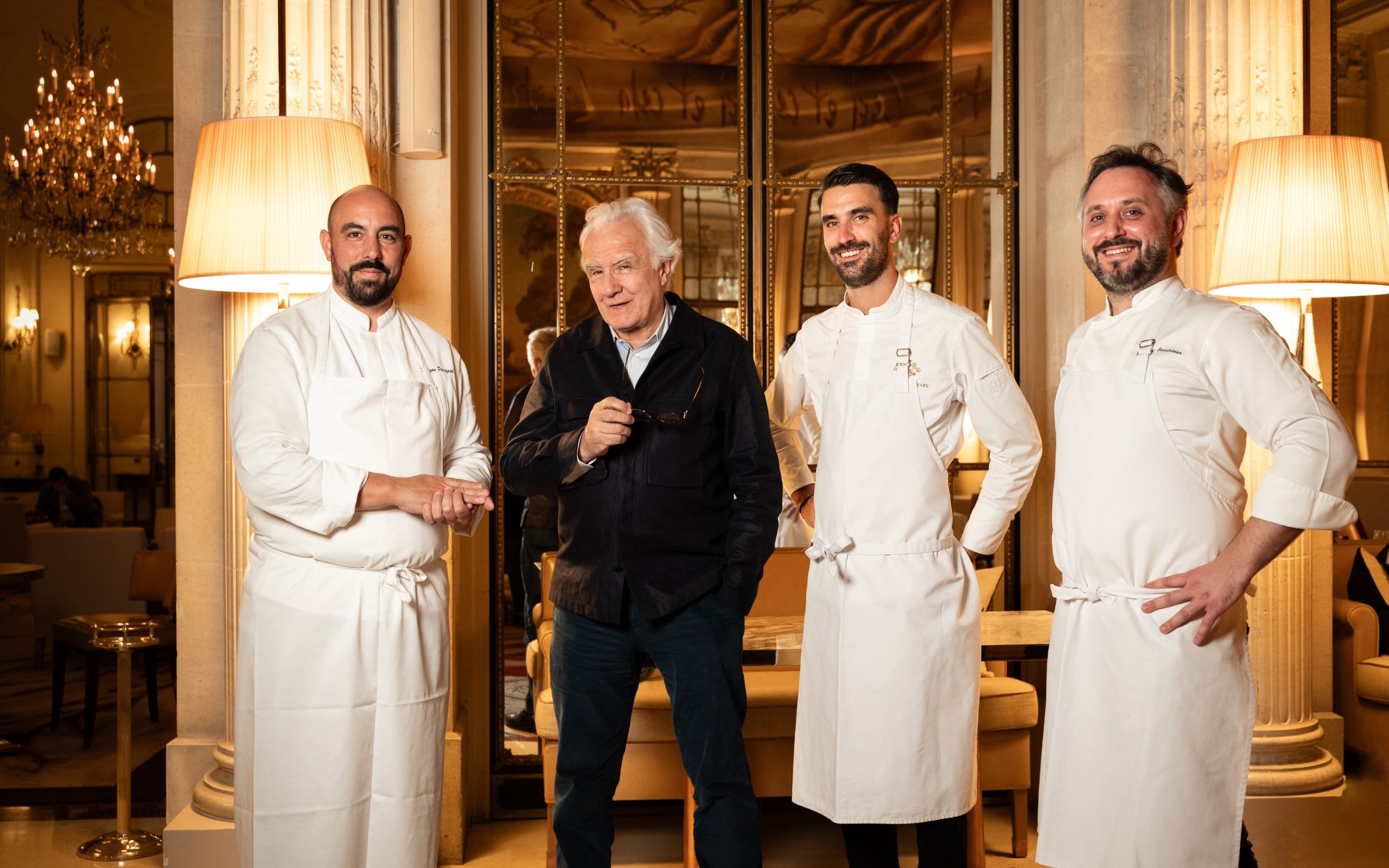Qatar hosted a round of two-day indirect talks in June between Tehran and Washington in an effort to salvage the 2015 nuclear deal.
Doha’s readiness to expand and promote cooperation with Tehran was highlighted by Qatar’s assistant foreign minister for regional affairs during a meeting with Iran’s foreign minister on Monday, in Tehran.
Qatar’s Mohammed bin Abdulaziz Al Khulaifi spoke to Iran’s Hossein Amirabdollahian about the bilateral relations between the two countries, in which a number of political, economic and consular spheres were rated as ‘excellent’.
The Iranian envoy also stressed the significance of activating the agreements made between the two nations during the visit of Iran’s president to the Gulf state in February.
The two countries signed a total of 14 different agreements covering different sectors of cooperation, including trade, sea and air transportation, visa cancellations, electricity, culture and education.
Amirabdollahian congratulated Qatar last week for organising a successful 2022 FIFA World Cup, thanking Qatar for giving Iranian nationals, including spectators and players, “full care” throughout the competition.
Qatar’s mediation role
Doha has played a crucial role in mediating to resolve issues among various factions in recent years despite not being an official party in the nuclear talks.
Analysts say Doha’s role in bridging the gap between the parties could prove to be fruitful.
“Qatar is being seen by both sides as a useful and trusted intermediary, through whom some options might be explored that either side is unwilling to be seen to offer directly,” Dr. Gerd Nonneman, Professor of International Relations and Gulf Studies at Georgetown University Qatar told Doha News.
Qatar’s mediation became more pronounced as the Gulf country hosted a round of nuclear talks in late June between Tehran and Washington with the European Union’s mediation.
The talks came to an end in Qatar with little progress, in which sources familiar with the two-day meetings pointed the blame at Washington’s inflexibility to guarantee Iran’s economic benefit under the deal, Tasnim News Agency reported.
The decision to choose Qatar as nuclear talks host is “mindful of the extremely valuable role Qatar has played in mediating between the United States and Iran,”Dr. Trita Parsi, Executive Vice President of the US think tank Quincy Institute told Doha News.
Reaching a common ground between Iran and relevant world powers will aid in boosting stability in the Gulf region and help oil markets, Qatar’s Foreign Minister Sheikh Mohammed bin Abdulrahman Al Thani said in late May.
“Pumping additional quantities of Iranian oil to the markets will help stabilise crude prices and reduce inflation,” he said.







